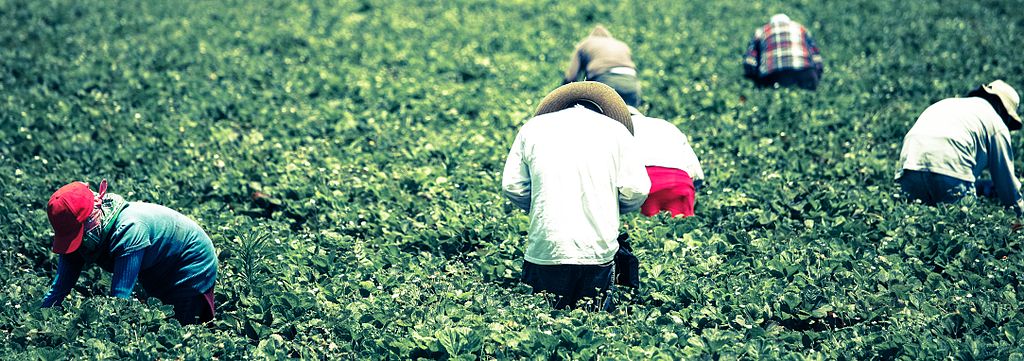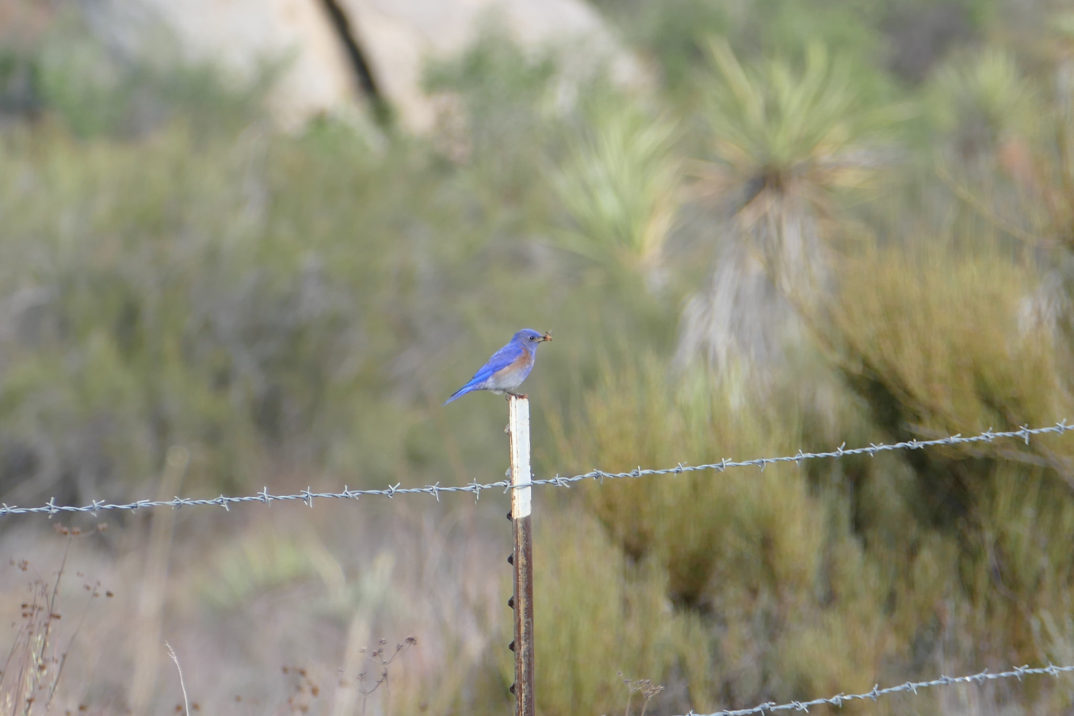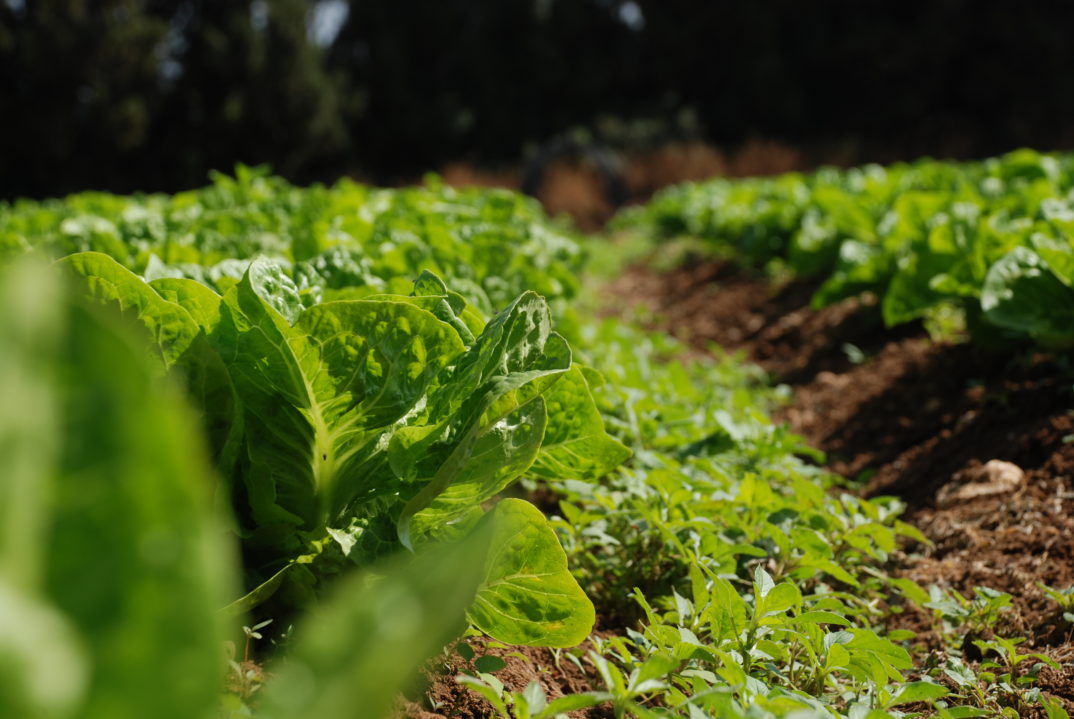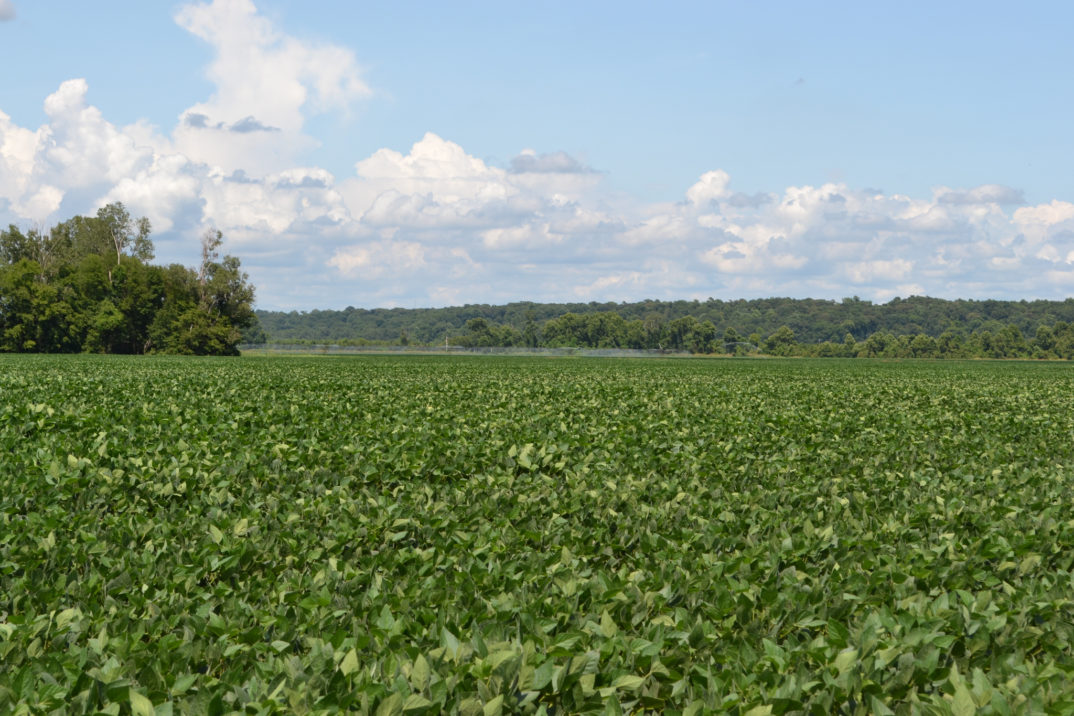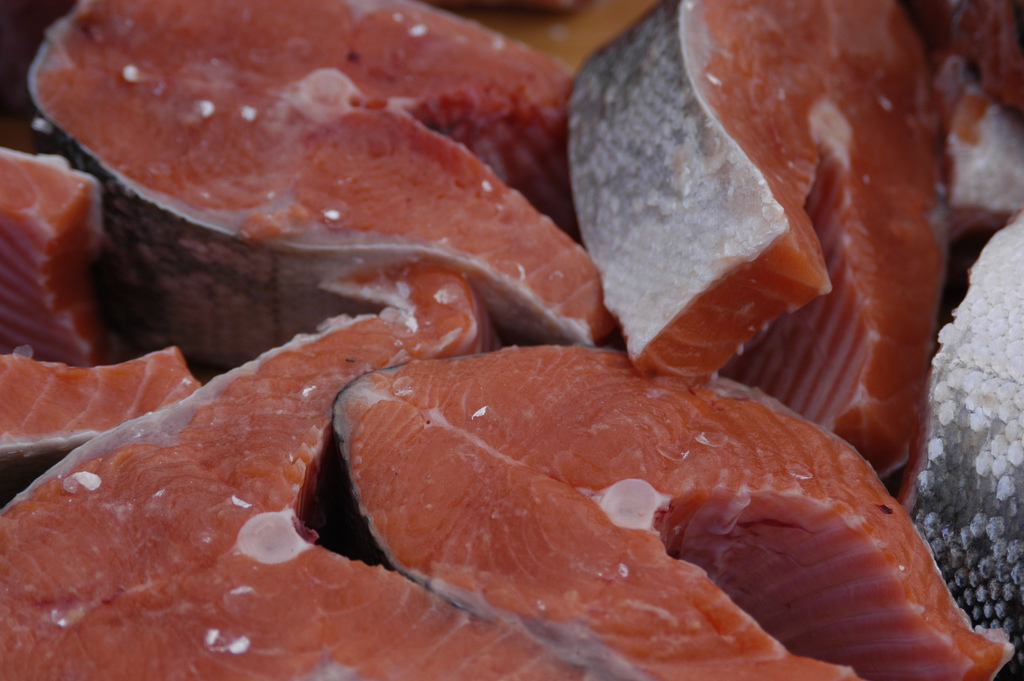Picking fruit in temperatures reaching upwards of 100 degrees Fahrenheit is a reality for California farmworkers. However, most Americans scarcely think about the implications of this hard labor as they purchase fruit on their weekly grocery trip. Raising awareness about the degree of heat exposure farmworkers experience is imperative, particularly when considering how climate change will raise average temperatures and contribute to work conditions with lasting health consequences for these individuals. Ensuring accessible healthcare, strictly-enforced safety policies, and proper compensation are steps which need to be implemented in order to address this growing crisis.
The New York Times article titled “Long Days in the Fields, Without Earning Overtime” by Joseph Berger outlines the unequal pay characteristic of these workers livelihoods, which can be attributed to a power dynamic created due to the workers immigrant identities. Berger interviews one worker who discusses the long work days and lack of compensation: “Sometimes we don’t get a day of rest…This week my boss told me I don’t have a day off.” The long hours are expected and no overtime pay is provided — in fact, eight dollars an hour is all these workers make.
Stories like this one describing grueling work schedules with minimal payoff are numerous. Beyond long days in the sun, workers describe the enormous strain this fruit picking job has had on their health and a lack of medical attention. An article published in High Country News introduces Maria Isabel Vásquez Jiménez, a nineteen-year-old who was working in grapevine fields in 95 degree weather. After a few hours she collapsed next to her fiancé. The water cooler was a ten-minute walk from their location and farm management did not even immediately take her to the hospital. Maria went into a coma and died two days later. The neglect of farmworkers has become an issue so grave that individuals are risking their lives to work these jobs. Arturo Rodríguez president of the United Farmworkers Union made this statement after Vásquez Jiménez’s death: “The reality is that the machinery of growers is taken better care of than the lives of farmworkers. You wouldn’t take a machine out into the field without putting oil in it. How can you take the life of a person and not even give them the basics?”
Although California’s labor policies are stricter than many other states, significant issues remain with the enforcement of their laws and consideration of heightening temperatures due to climate change need to be addressed. Research provided by the University of California projects that “The average annual temperature in the Central Valley region is projected to increase by 5 to 6 degrees during this century… heat waves will be longer, more intense, and more frequent than they were a decade or two ago.” As we move towards a future where farm working will become even more dangerous, it is imperative that states introduce stricter regulations which prioritize safety over productivity.
Understanding that many of these workers lack access to healthcare coverage due to undocumented status is an important facet of this crisis. Investigative research into the health of Californian farmworkers by anthropologist Sarah Horton exposed these injustices by following individuals’ stories over many years, and the struggles associated with seeking out help when working with undocumented status. For example, Silvestra, a corn harvester who had been working in the fields since he was 16, began experiencing extreme nausea and vomiting during work. Silvestre eventually took a day off of work to go to a doctor who told him to return in order to undergo some tests to figure out a cause to the nausea. Horton writes, “Undocumented and unable to pay for the tests, Silvestre worked for an additional month and a half, retching each morning.” The danger of not being able to afford immediate medical attention has put undocumented farmworkers in deadly and entirely preventable situations. The primary assistance granted to these workers relies on a proof of disability as Horton explains, “The government’s disproportionate weighting of applicants’ age in determining eligibility automatically disqualifies many middle-aged farmworkers with severe chronic disease. The price of such delayed assistance is seen in aggravated chronic illness and a diminished quality of life.” Overall, the lack of preventative medical attention available for working age undocumented farmworkers contributes to a larger crisis concerned with dangerous heart and kidney complications, often resulting in permanent disability or even death.
Overall, examining the source of the fruit in our grocery stores unveils an important ethical dilemma concerning which individuals are often forgotten in the fight for labor rights. Discussing pay reform in addition to national discussions about providing preventative healthcare to these workers in order to reduce the number of deaths from repeated heat exposure is a critical issue.

